The Prime Minister said that one of the three directions that developing countries need to take to respond to climate change is to make science and technology a key area of cooperation.
"Climate change - this borderless challenge, in 2023 has exceeded all forecasts and response scenarios," Prime Minister Pham Minh Chinh said at the Group of 77 (G77) Summit on Climate Change in Dubai, UAE on the afternoon of December 2.
The G77 is the largest intergovernmental organization of developing countries, founded in 1964 with 77 member countries and now expanded to 135 countries.
In order to minimize the "carbon footprint" on the development path and effectively adapt to climate change, Vietnam proposed three cooperation orientations for the G77 group.
"Responding to climate change is a challenge that knows no borders, so it can only be successfully responded to through a global, all-people approach that promotes multilateralism, ensuring that no one or country is left behind," the Prime Minister said, adding that this is a long-term process that requires a roadmap, priorities, and appropriate and effective steps.
Countries need to share responsibilities while taking into account different conditions between countries. Combating climate change requires ensuring fairness and rationality between clean energy transition and global energy security, between development needs and green transition.
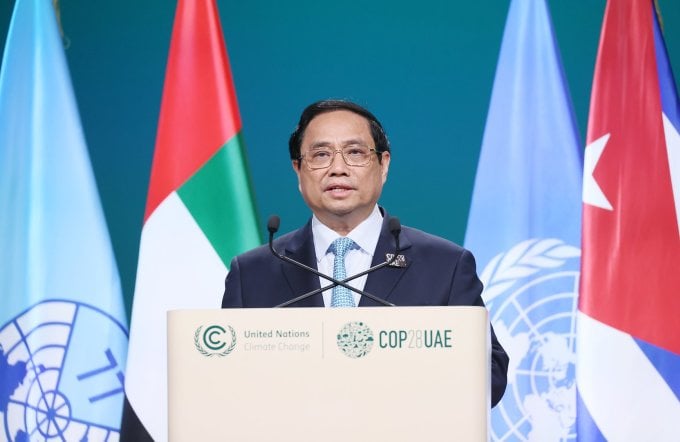
Prime Minister Pham Minh Chinh speaks at the G77 summit on climate change on the afternoon of December 2. Photo: Nhat Bac
Second, the Prime Minister emphasized the need to make innovation, science and technology a key area of cooperation within the G77. This is a breakthrough, fundamental solution, leading the process of transforming the economic model from brown to green, circular and sustainable.
Developed countries, with advantages in capital and technology, need to take the lead in inventing green, environmentally friendly products, materials, and energy. Developing countries, with strengths in market size, labor, and diverse resources, need to participate more deeply in the green supply chain, expanding the process of transforming models, products, energy, etc.
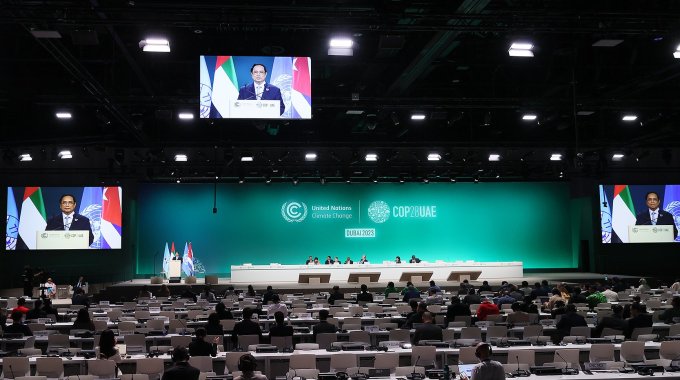
G77 summit on climate change on the afternoon of December 2. Photo: Nhat Bac
Vietnam also proposed promoting concessional climate finance as a lever to help unlock global climate goals. Developed countries are taking the lead in implementing climate finance commitments, including the target of mobilizing US$100 billion, doubling adaptation finance by 2025, and contributing to the Green Climate Fund and the Loss and Damage Fund.
"For G77 countries, climate finance needs to be more accessible, not increase public debt burden and not trade off resources to achieve other development goals," said the Prime Minister.
Vietnam reaffirms its commitment to achieving net zero emissions by 2050, after first making this statement at COP26 in 2021.
The Prime Minister said this commitment is being materialized through drastic actions with plans and strategies for green growth, circular economy, sustainable development, institution building, human resource training, and smart management.
Vietnam is ready to share its experience in North-South partnership in energy transition, as well as promote South-South and trilateral cooperation mechanisms in responding to climate change with the G77 countries. The Global South and the Global North are terms in international relations to distinguish between developing and developed countries.
Source link



![[Photo] Moment of love: Myanmar people are moved to thank Vietnamese soldiers](https://vstatic.vietnam.vn/vietnam/resource/IMAGE/2025/4/3/9b2e07196eb14aa5aacb1bc9e067ae6f)


![[Photo] General Secretary To Lam receives Japanese Ambassador to Vietnam Ito Naoki](https://vstatic.vietnam.vn/vietnam/resource/IMAGE/2025/4/3/3a5d233bc09d4928ac9bfed97674be98)
![[Photo] Special relics at the Vietnam Military History Museum associated with the heroic April 30th](https://vstatic.vietnam.vn/vietnam/resource/IMAGE/2025/4/3/a49d65b17b804e398de42bc2caba8368)




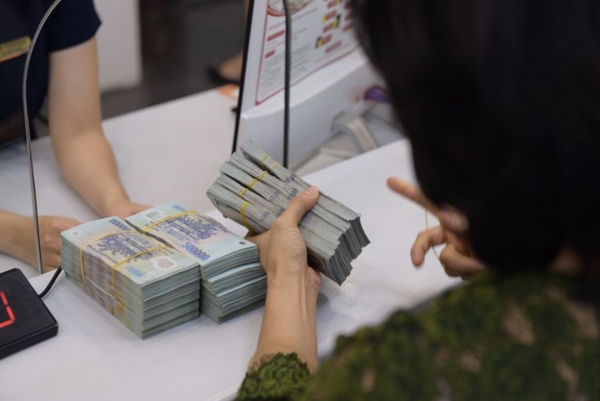




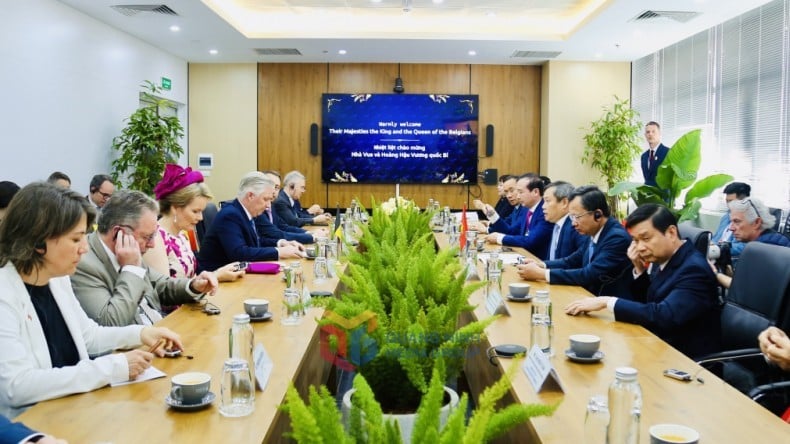


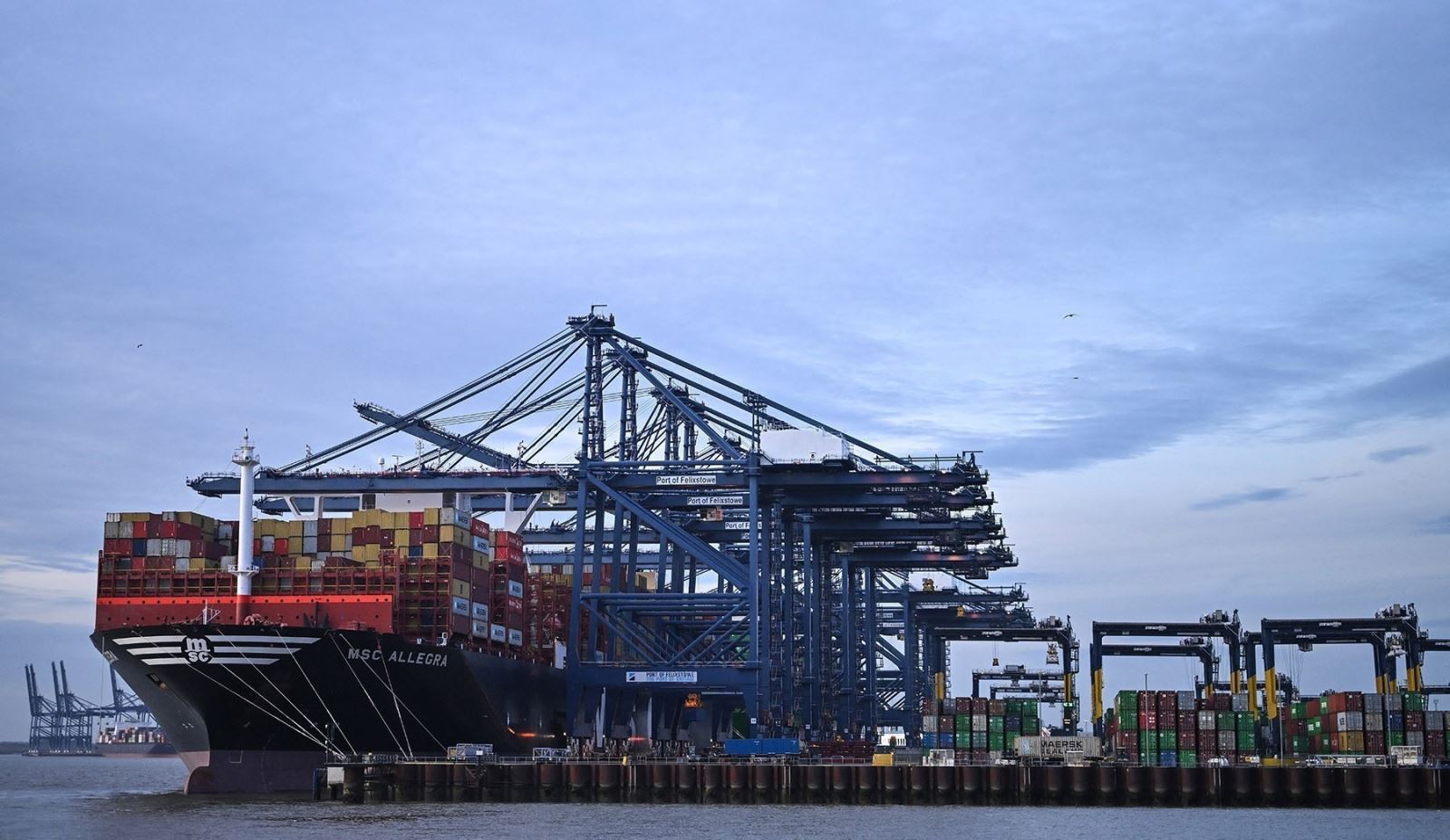












































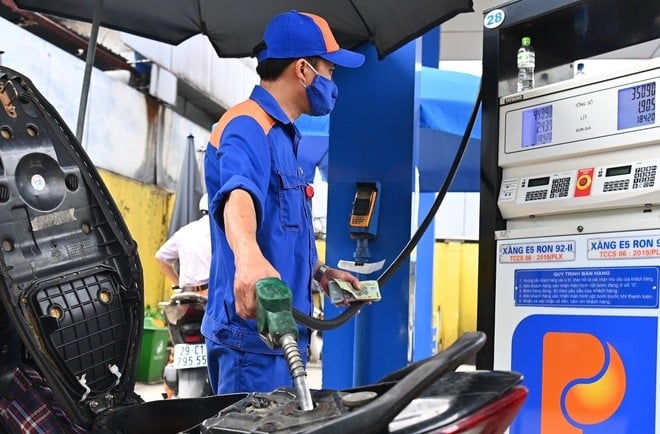



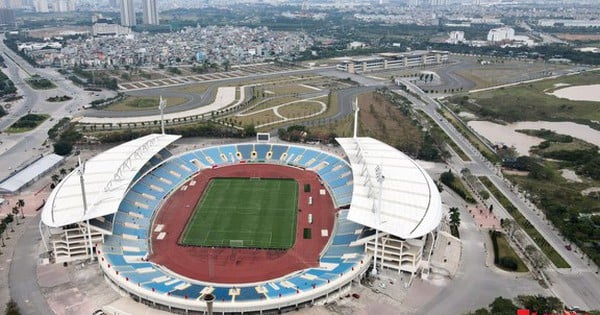
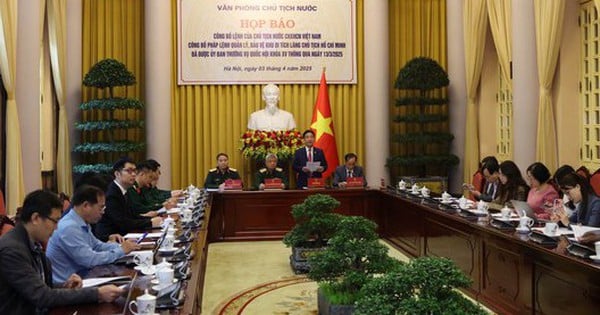

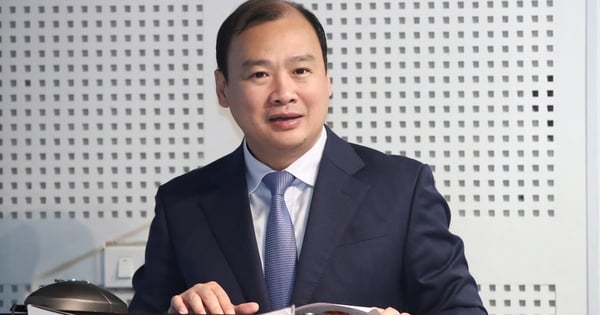


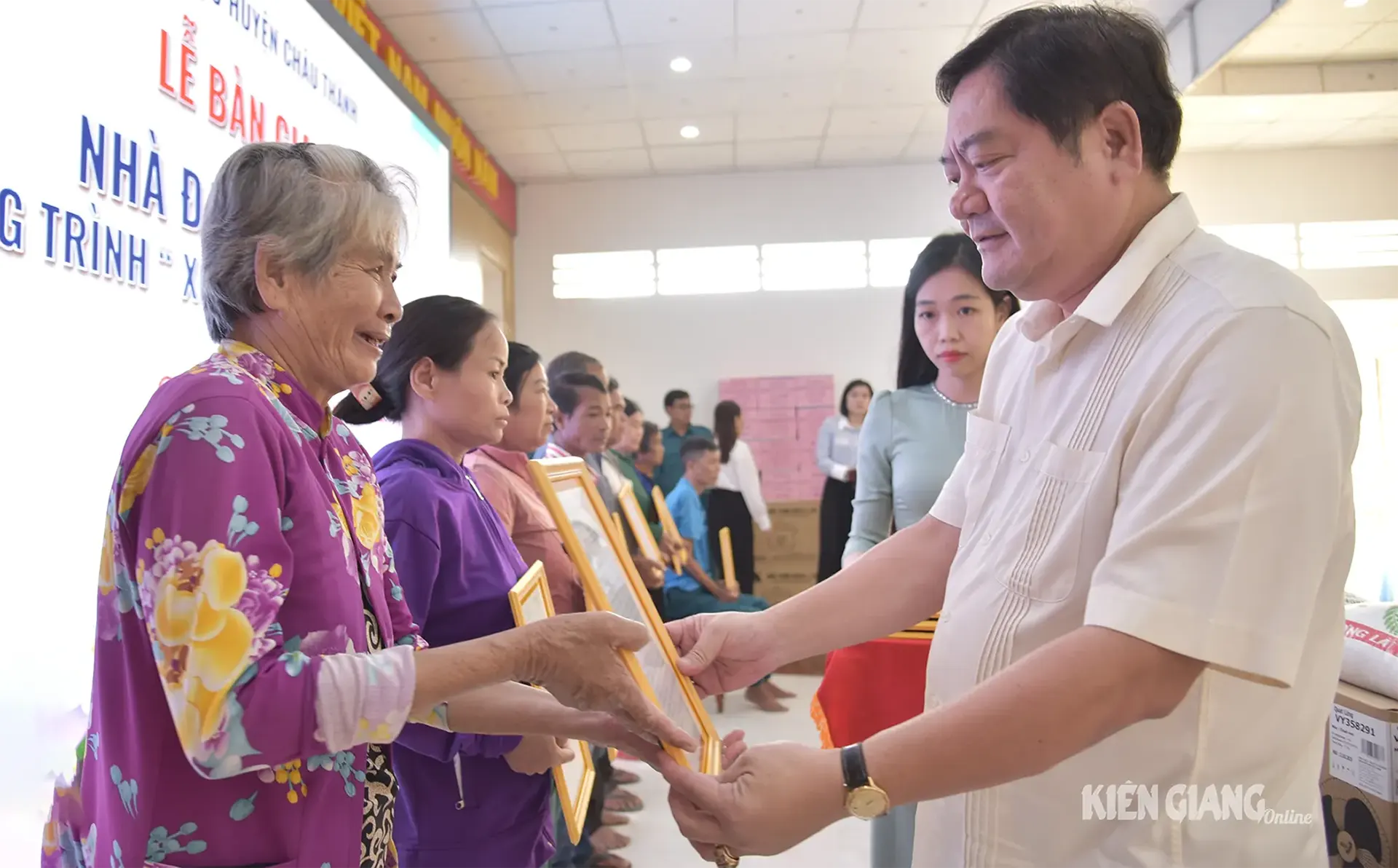


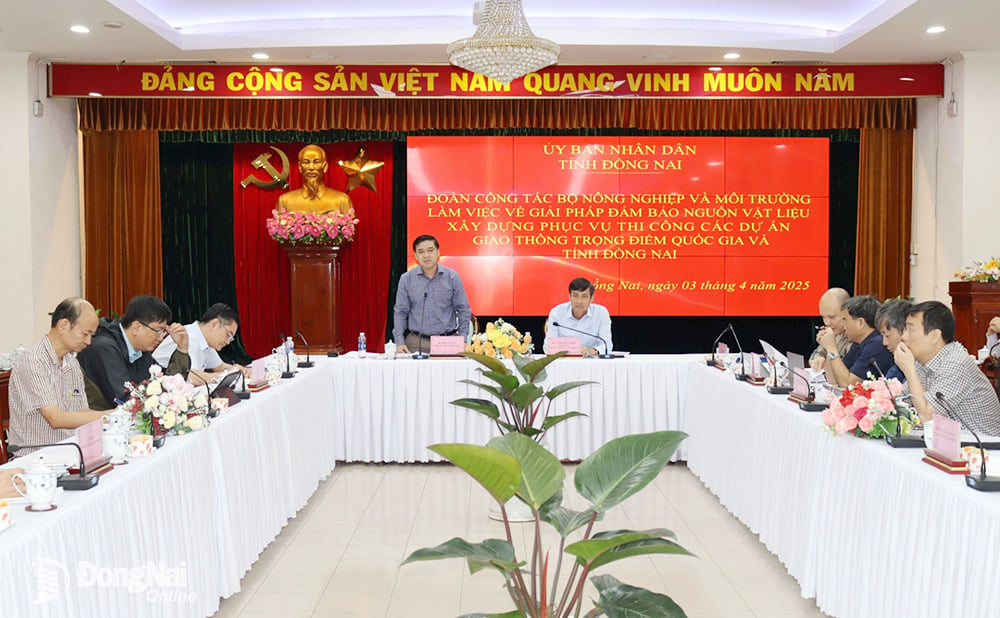

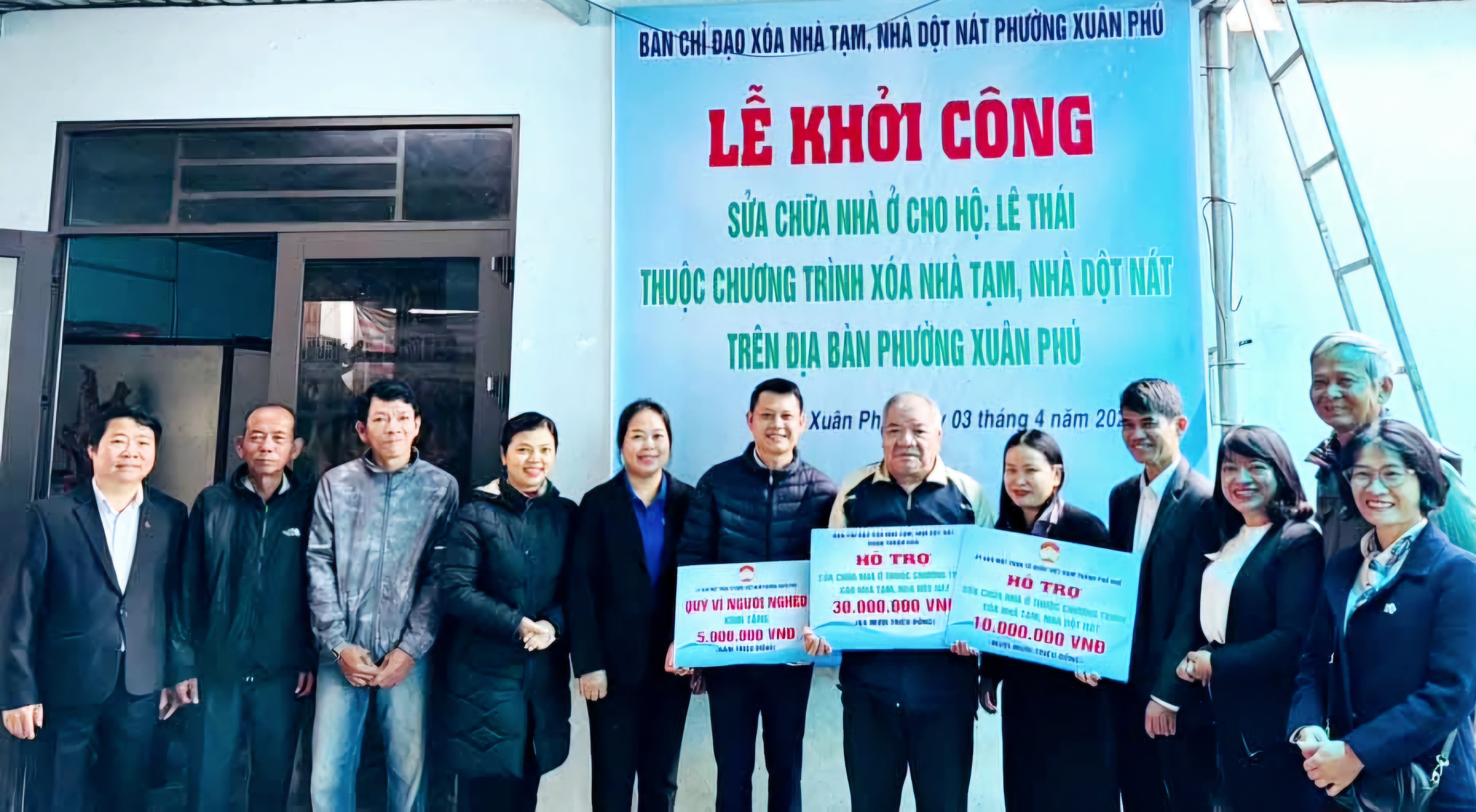













Comment (0)